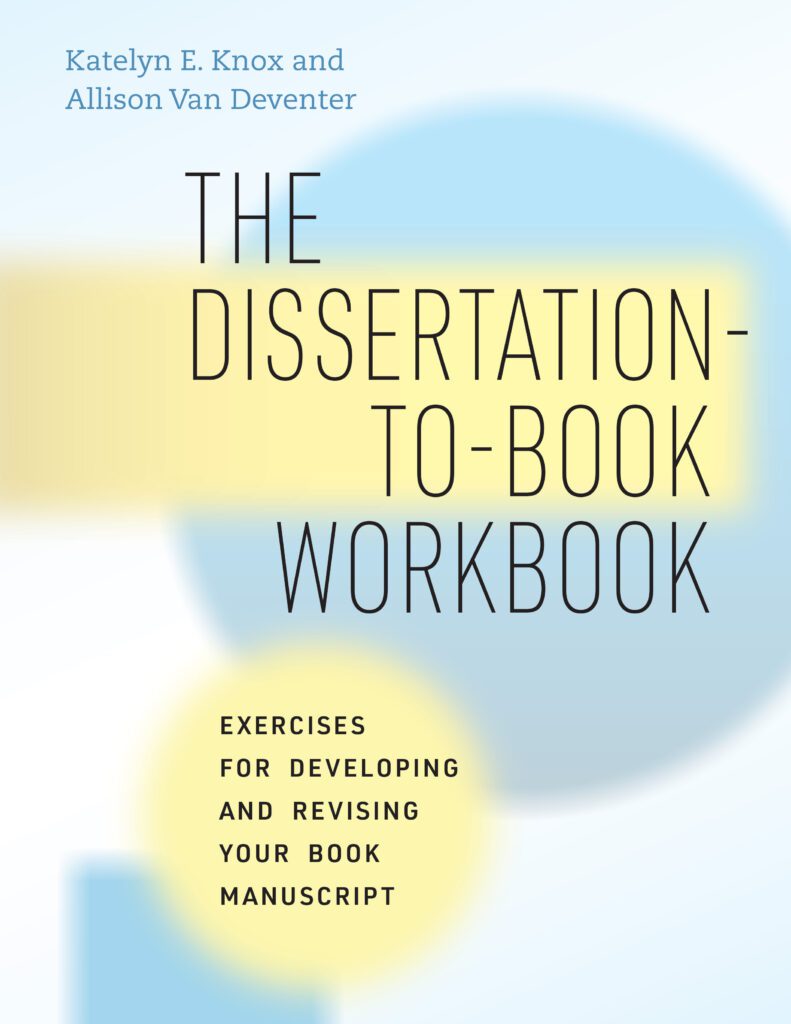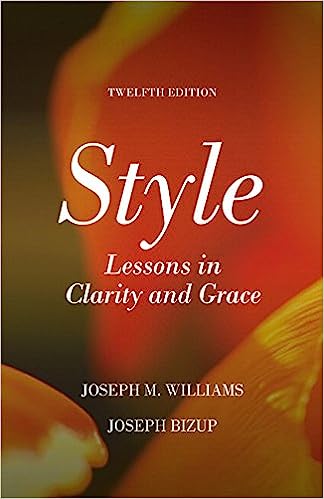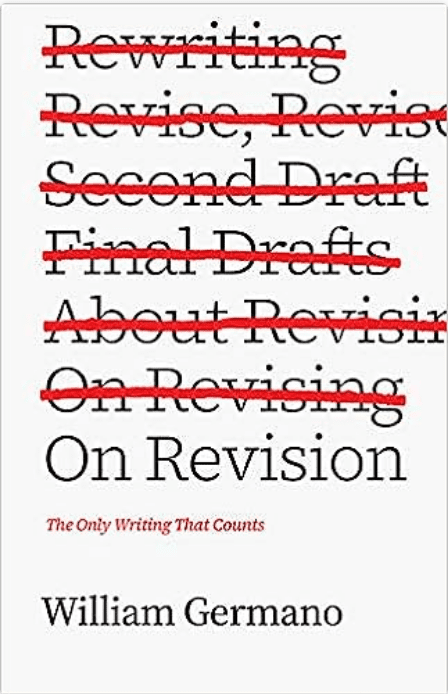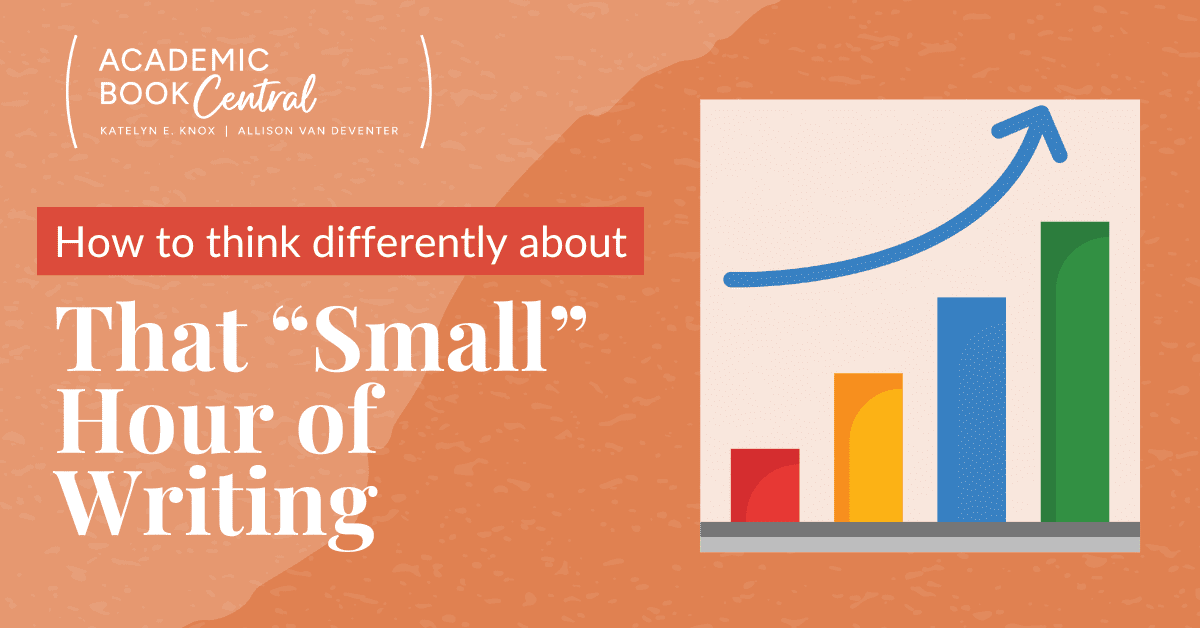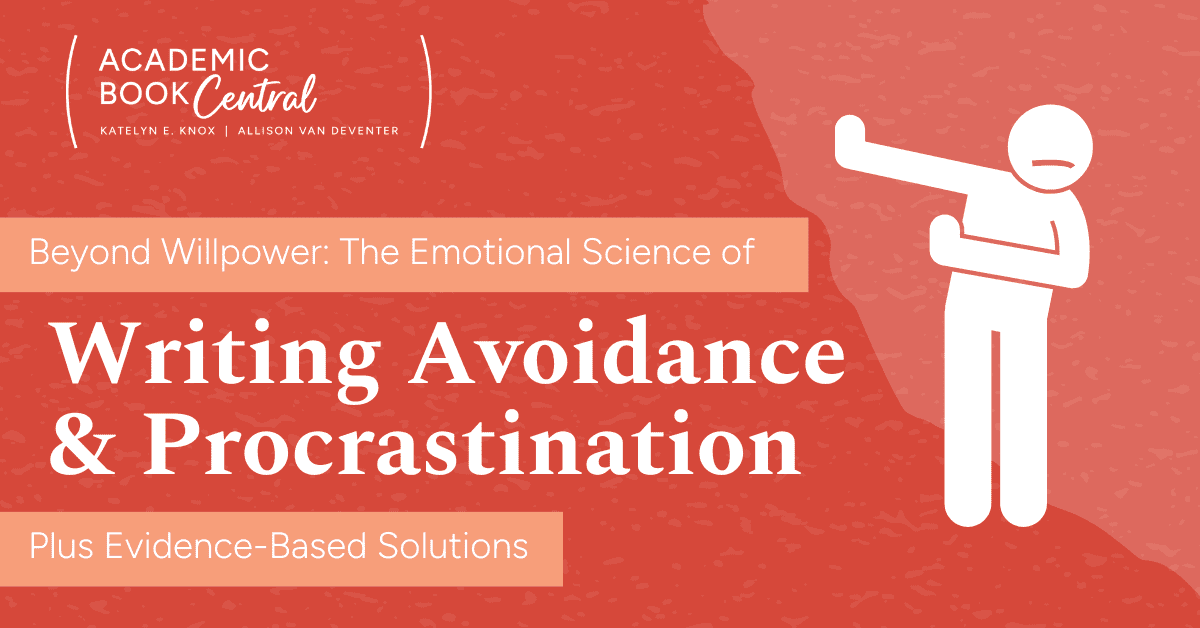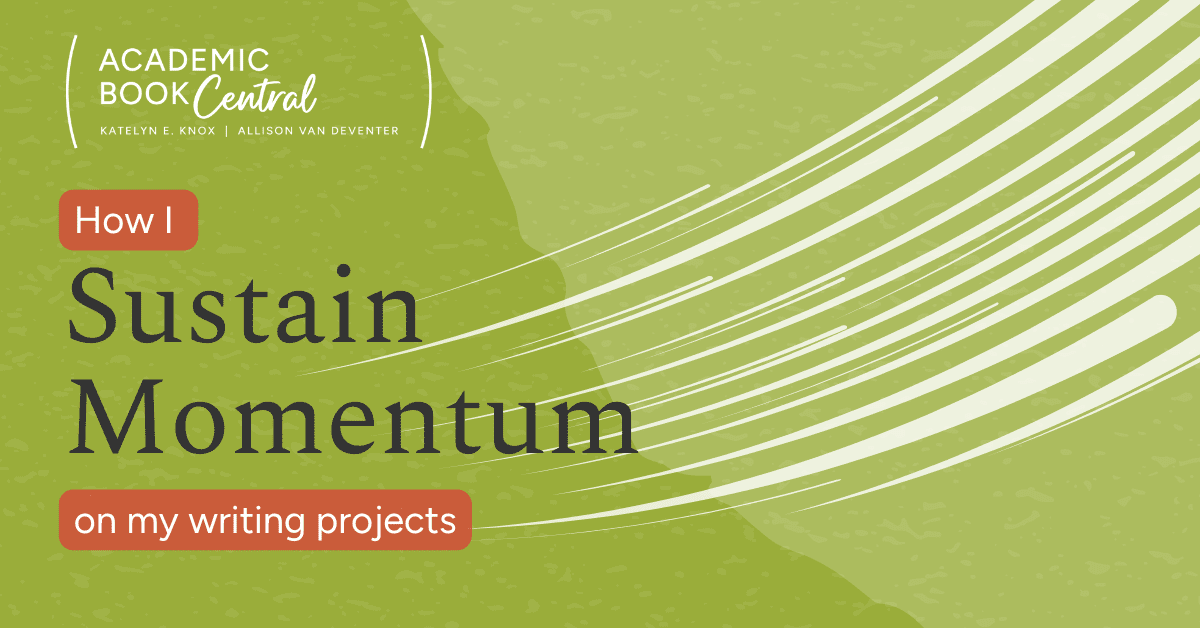WORKSHOPS, COURSES, & VIDEO REPLAYS | BOOKS WE RECOMMEND | TOOLS | BLOG POSTS BY CATEGORY | ALL BLOG POSTS
Workshops, Courses, and Video Replays

In this free course you’ll learn how to:
- Describe your book’s primary and secondary audiences (and how not to!)
- Write the “audience” section of your book proposal
- Identify presses that publish in your subject areas
- Assess the “fit” of your project for your target presses
- Reach out to editors using letters of inquiry
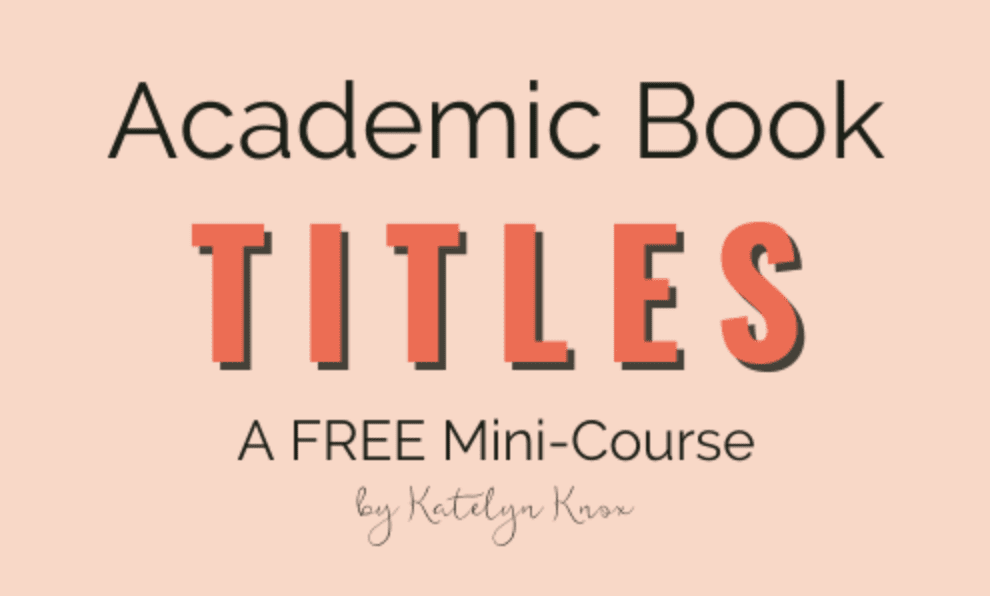
To produce this free mini-course I analyzed 188 humanities and social science book titles. I’ll teach you:
- Exactly how many words your title should be
- Whether you need to coin a catchphrase for your book’s title (and whether your catchphrase actually works as a title)
- The specific elements your book title needs to include
- How to order all of the elements in your book’s title
- How to make your book title “search-friendly” (this was something that tripped me up bigtime)
All of Our Upcoming Workshops
View our workshops on Teachable, or consult our workshops page.
Our Dissertation-to-Book FAQ & Encouragement Playlist
The Dissertation-to-Book Workshop
Sharpening Your Book Argument with Book Questions & Chapter Answers
Book Publishing Roundtable with Editors
First Monograph Publishing Q&A
Books We Recommend
Book Writing and Revising Tools

I (Katelyn) can’t speak highly enough of Scrivener as a writing and revising tool–especially for long and complex projects. Whenever I start to think “Oh, I can just write this piece in Word,” I inevitably stall out and migrate back to Scrivener. Why? I am a drafty writer; I need to get a lot of (really bad) words down on the page before I can wrangle my ideas into an argument-driven form.
How does Scrivener help? A project consists of one or more “Scrivenings,” each of which can be given a title and dragged around. Typically, when I’m working on macro (argumentative) revisions, I use the title to remind myself of the work each section or paragraph needs to do.
Scrivener also allows you to seamlessly display two units of text (or a research article and your text) side by side. I regularly have my messy draft (or an article I’m referencing) open in the left pane and my revised version in the right.
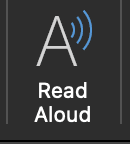
Another indispensable tool I (Katelyn) can’t live without is actually Microsoft Word’s built-in “Read Aloud” feature, whether on a desktop or a mobile device. I always thoroughly proofread my documents several times, but somehow every single time I use the “Read Aloud” feature, I catch missing and repeated words and several awkward sentences.
For some reason, I vastly prefer the voices on the mobile Word app (iOS) than the full desktop version–they sound much less robotic to me– but in the end, both work fine to help you get distance on your writing.
Blog Posts by Category
All Blog Posts
-

How I Successfully Balance Multiple Writing Projects Simultaneously (Parallel Writing)
One of the biggest challenges of writing an academic monograph is that writing and revising them is a process that unfolds over years. During that time, you’re also expected to publish standalone articles and, toward the end of your book project, begin work on your next major project. This means you need to keep moving…
-

How to Think Differently about That “Small” Hour of Writing
Picture yourself looking at your calendar and seeing a one-hour block of potential writing time. Perhaps it’s early morning before classes, a lunch break, or that quiet window between meetings. Does it feel insufficient for “real” scholarly work? Many academics dismiss such periods, waiting instead for those mythical full days of uninterrupted writing time. Some…
-

Revising Chapters Strategically: Reverse Outlining with Claim and Function Tags
If you’ve ever struggled with chapters that feel a bit unfocused or overwrought, know that you’re definitely not alone. As writers, it’s easy to get caught up in our ideas and end up with chapters that are trying to do too much. But there’s a really useful strategy that can help: reverse outlining with claim…
-

The Academic Author’s Guide to Book Classification and Discovery
Academic books are categorized in multiple ways as they make their journey from manuscript to library shelf. Understanding these classification systems can help authors think more strategically about their audience and how their book will reach readers. Let’s explore the key systems that shape how academic books are acquired, marketed, and discovered. University Press Subject…
-

Beyond Willpower: The Emotional Science of Writing Avoidance & Procrastination (Plus Evidence-Based Solutions)
Picture this: You’re sitting at your desk, surrounded by your research materials—primary sources, theoretical texts, archival notes—and that manuscript deadline looms. Instead of writing, you’re reorganizing your citations, diving into yet another secondary source, or perhaps even doing your taxes. Sound familiar? As humanities scholars, we often find ourselves doing anything but the writing we…
-

How I Sustain Momentum on Writing Projects
Writing an academic book typically takes years. Complicating matters, you often have to work on other projects (like journal articles) while working on the book. Sustaining momentum on any writing project—let alone such a big one—can be challenging. Below are a set of practices I use to set myself up for success. Planning & Pre-Work…
